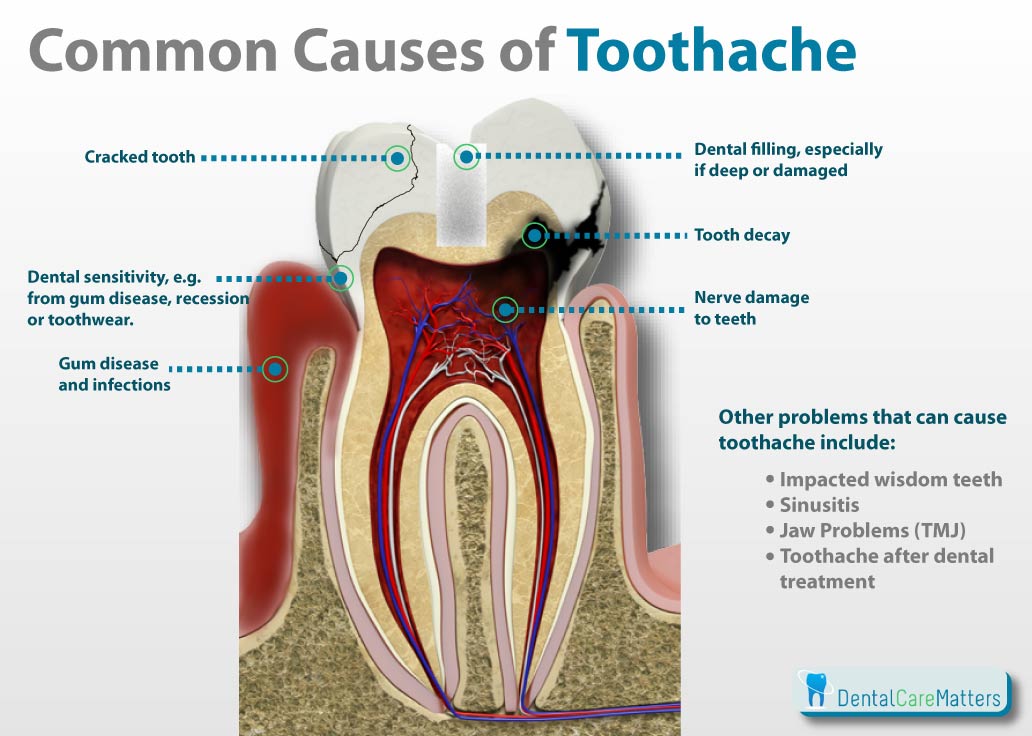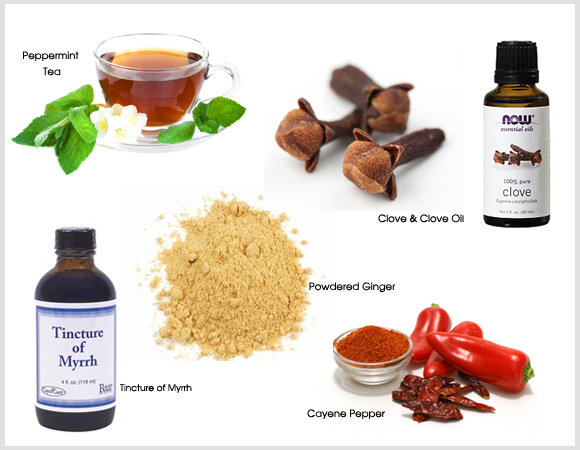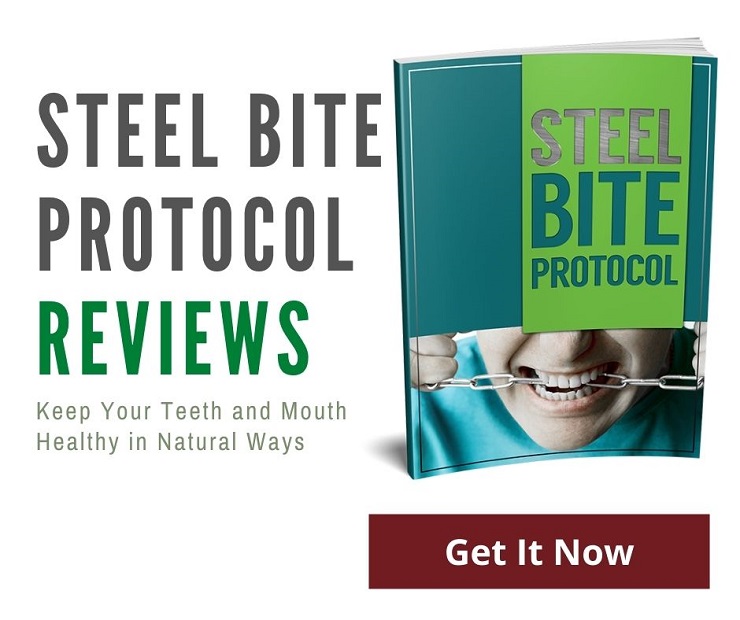So, you are considering getting a water flosser but are concerned about tooth pain, here is what you need to know. Water flossers use water movement to remove loose plaque and bacteria and reduce bleeding in the gums. The water flosser is an alternative to dental flossing, and it does not cause toothaches.
Water Flossing Does Not Cause Toothaches
Compared to traditional flossing, water flossing is much gentler on your gums:
- String flossing can be uncomfortable -If you apply too much pressure or your teeth are close together, the floss can break and injure your gums.
Water flossing is more effective -The pulsating water in the Water Flosser soothes the gums. - Clinical studies suggest water flossing reduces bleeding gums and removes plaque more effectively than string floss.
How to prevent tooth ache after water flossing?
Water flossing does not cause toothaches when done properly, especially if you follow these instructions:
- Make sure the water is warm
- Set the pressure to the lowest setting
- Place the flosser tip at a 90-degree angle at the gum line
- Start by using warm water. For those with sensitive teeth, this is usually more comfortable. When you are new to flossing with water, it is important to have the right water pressure. Set the pressure to the lowest setting and see how your gums feel. Once your gums adjust, increase the pressure gradually until you reach a comfortable level.

Why do I have a tooth ache after water flossing?
Tooth aches occur for multiple reasons and may have nothing to do with the fact you just finished water flossing. Majority of tooth aches happen due to other issues going on from within your mouth.
Here are a few reasons why your tooth may be aching after you floss:
1. Exposed Roots
If you have an exposed root or nerve, it can also be the cause of your toothache. This normally happens due to rough brushing your teeth, receding the gums and exposing the root. If the root is exposed, the air or liquid you drink can trigger a toothache. To prevent this from happening, use care when you brush and never try to tear your gums apart thinking it will get your teeth cleaner.
2. Chewing Tobacco
If you use tobacco products, you’ll more than likely get toothaches on a frequent basis. Chewing tobacco is a common contributor to toothaches and tooth pain, as the tobacco will eat away at your teeth until there is nothing left. It doesn’t take long for it to happen either, especially if you have been chewing for a long time. Smoking can trigger toothaches as well, as the smoke is bad for your teeth and eats away at them as well.
Even though there are many causes to toothaches and sensitive teeth, there are things you can do to stop and pain and prevent toothaches. You should always brush your teeth on a daily basis, and go to the dentist for your regular checkups. If you get a toothache you should always go to the dentist and get the tooth fixed. The dentist may be able to catch it early enough to save the tooth – which will prevent you from having to get it pulled and save you a lot of money – and pain in the long run.
3. Understanding Toothaches
As we all know, toothaches are the result of several different factors. The pain that stems from a toothache is always apparent, normally in the form of throbbing. The pain will normally intensify as time goes by, when you eat, lay down, or drink hot/cold liquids. Toothaches are very painful, and it may seem that no matter what you do – it seems to hurt more.
In the dental world, toothaches can include such things as cavities, infections or abscess in the teeth or gums, debris that has been trapped between the teeth and gums, and trauma to the face, teeth, or the jaw. Sometimes, toothaches can result from medical conditions and have nothing to do with dental. In most cases, if the problem goes without being checked, it can lead to serious trouble and maybe even become a life threatening situation.

If you visit your dentist in time and he catches the problem early, he may be able to save your tooth. Normally, this will result in a filling, crown, or root canal, although you won’t have to have the tooth removed. Dentists always look to save teeth, as they don’t like to remove a tooth unless they absolutely have to. If the tooth has become abscessed, the dentist will put you on antibiotics such as penicillin until the infection has subsided enough to remove the tooth.
Throughout our lives, most of us will experience the pain and agony of a toothache at some point. A toothache can be the worst pain you have ever felt in your life, especially if you are feeling the pain of an abscess. If you’ve never had a toothache, you should consider yourself lucky. Those who have had toothaches though, will tell you that the pain is something you never want to experience – it will make you feel as if your whole world is falling apart.
How To Stop Toothache Pain?
Everyone out there at some point in time, will experience the pain of a toothache. Toothaches are very excruciating, some of the worst pain you will ever feel in your life. Even though you may have had dental work in the past and follow proper hygiene and flossing your teeth, toothaches can happen at anytime. Although it can be very painful, there are ways to get relief through natural herbal remedies or pharmaceuticals.
1. Over The Count Medication
If you plan to use herbs, you should use them in tincture form, as the alcohol content will disinfect the area, and help to reduce the inflammation and kill the infection. Once you have the tincture, you should use roughly a teaspoon of it and gently rinse your mouth out. Once you have help it in your mouth a minute or so, you should either swallow it or spit it out. Tinctures are natural remedies that use herbs and alcohol to massage the affected area and stop the pain by numbing the nerves of the tooth that is causing you so much pain.

The best way to deal with toothache is to put out the fire. If you manage to put the fire out, the pain will follow. Even though the pain may go away, the problem will still be there until you go to the dentist and get it treated. Although the dentist is the preferred way to go, you may have to wait on an appointment, or the toothache may occur on a weekend or a time when the dentist isn’t available.
2. Don’t Be Afraid of The Dentist
Your best advice is to seek dental care ASAP, as the infection can always return at any given time. If you don’t get problems fixed as soon as you can, they can spread and cause you more problems with your teeth. Cavities will need to be filled, while the rotten or dying teeth will need to be extracted. If caught in time, the dentist can normally save the tooth via root canal.

The most common way to stop the pain of a toothache is by using a pharmaceutical such as Ambesol. With these types of toothache relief products, you simply rub the ointment on the affected area and it will kill the pain. These products work quickly, although they may not be able to help if the infection has spread or has gotten so bad that the tooth is literally dying.
3. Temporary Relief
Another way to stop the pain is to use Tylenol or aspirin. If you are going this route, you should use tablets that dissolve. Simply take the tablet and put it in your mouth, then use your tongue to hold it against your tooth. The aspirin or Tylenol will start to dissolve, and work it’s way into your nerve and stop the pain. This is a very effective way to stop the pain, although once the pill dissolves it can leave a terrible taste in your mouth.
The best way to stop the pain is to visit the dentist and have it treated once and for all. Keep in mind that if the problem is an infection, you’ll need to use antibiotics until the infection is gone. Once the infection is gone, the dentist will be able to proceed with treatment. Most toothaches are the result of a cavity from a lack of brushing your teeth or not knowing how to floss your teeth. Anytime you start to experience a toothache you should get it treated. If you aren’t able to make it to the dentist, simply get some Ambesol or other product that will give you relief from the pain until you can get to the dentist and get the problem taken care of.
How To Naturally Cure Toothaches?
Not many people are aware of the fact that several herbs can be used in the relief of toothache pain. Natural herbs such as cloves, calendula, tarragon, and yarrow can be used to help relieve th pain until you can get to the dentist. For many years, different cultures have counted on herbs to help get the pain of a toothache control and get temporary relief.

Native Americans for example, used the inner bark found in the butternut tree to their gums to get relief from toothaches. The butternut tree is found in North America, and is also the cousin of the black walnut tree. Butternut trees are found along rivers in well drained soil, rich woods, and even in back yards. Once the tree matures, it can reach heights of up to 60 feet, with the bark being light grey in color, and the leaves and the fruit resembling the black walnut tree. The bark of the tree can be applied to the gums, helping to alleviate toothache pain.
1. Yarrow can Cure Toothache’s
Yarrow on the other hand, can be found in Asia, Europe, and North America. It normally grows wild in meadows, fields, and in open wood lands. The root of yarrow, is what contains the anaesthetic effect. If you apply the fresh root of yarrow to your tooth or gums, it will help to stop the pain – until you can get an appointment with the dentist and get it taken care of.
2. Evergreen Tree
The herb known as clove is an evergreen tree, native to tropical areas. These days however, it can be found throughout the world. As many already know, the dried flower bud of clove is what contains the medicine. The oil from clove, when used on a toothache, will help to stop the pain almost immediately. If you compare cloves to other natural toothache remedies, you’ll find clove to be the best.

For many years, natural herbs have been used to stop toothache pain. Hundreds of years ago, herbs were the only way to stop the pain. Dentists were just starting to come around, although they didn’t have near the equipment and sophistication that they have these days. Even though teeth were pulled during these times, it normally happened with alcohol to numb the pain then pliers to remove the tooth.
Do Natural Home Remedies Cure Toothaches?
Throughout the course of time, herbs have proven to be very effective with stopping toothache pain. If you are interested in herbs or have any questions about them, you shouldn’t hesitate to ask your dentist his opinion. Dentists know herbs, and should be able to recommend natural remedies to you if you request them. The next time you experience the pain of a toothache – you should always remember that herbs are a great way to relieve the pain.
Conclusion:
By following our recommendations when it comes to how to cure toothache with popular medicine for toothaches, this simple guide should have your mouth fixed up in no time. If you are still having some troubles it’s also recommended to seek treatment from a dental professional.
